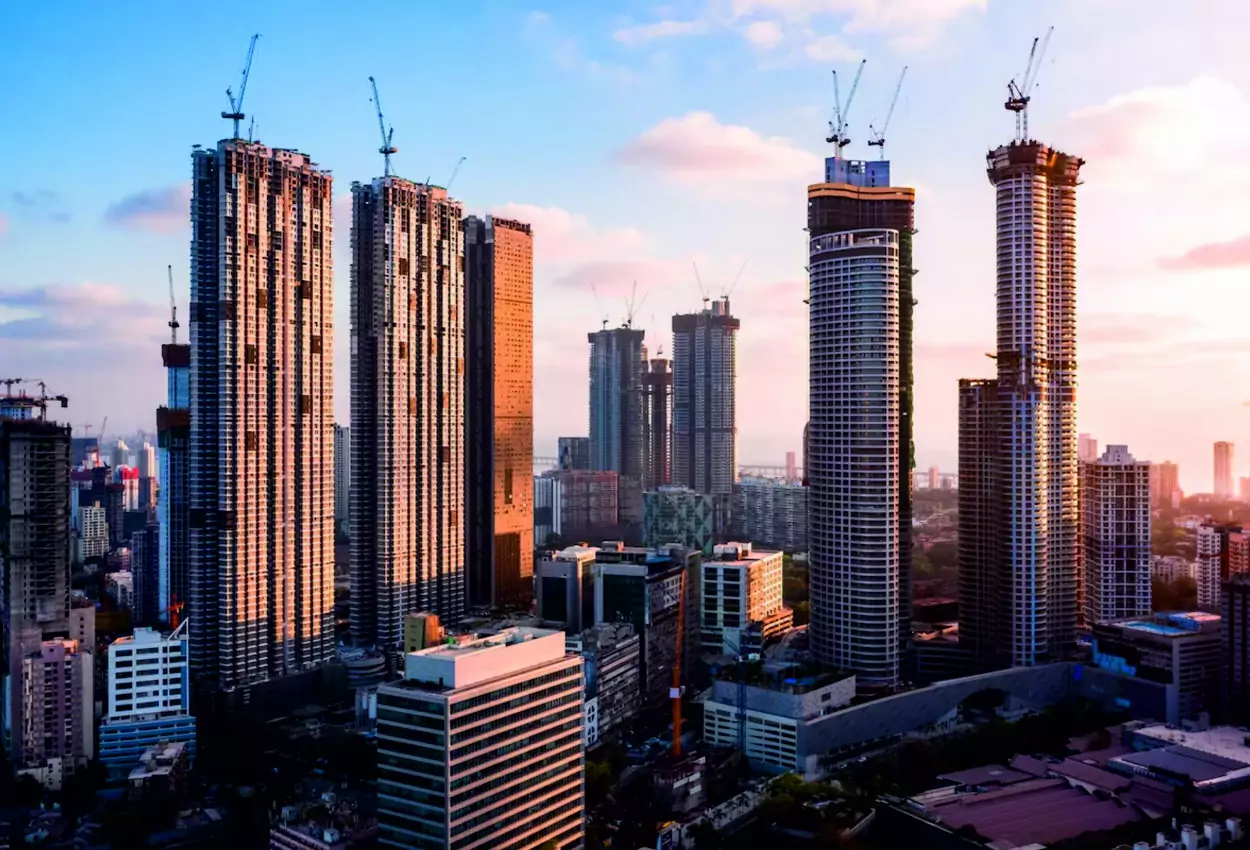The Middle East has become a global epicenter for innovation, with smart cities standing as a testament to its commitment to reimagining urban living. From futuristic megaprojects to eco-friendly urban spaces, the region’s ambitious ventures highlight the critical role of visionary leadership in shaping a sustainable and digitally-driven future.
What Are Smart Cities?
Smart cities leverage advanced technologies, data analytics, and artificial intelligence to optimize infrastructure and enhance the quality of life for residents. These cities integrate intelligent systems for transportation, energy, healthcare, and governance, aiming to create a seamless, efficient, and sustainable environment.
In the Middle East, projects such as NEOM in Saudi Arabia, Masdar City in the UAE, and Lusail City in Qatar exemplify this transformation. These developments demonstrate not only the power of technology but also the influence of bold leadership in transforming ambitious blueprints into reality.
Visionary Leadership: The Driving Force Behind Smart Cities
At the heart of every successful smart city is a visionary leader who dares to challenge traditional paradigms. Leaders in the Middle East have embraced the concept of smart cities not just as infrastructure projects but as catalysts for economic growth, social progress, and environmental stewardship.
Visionaries like Crown Prince Mohammed bin Salman of Saudi Arabia have championed projects such as NEOM—a $500 billion smart city that epitomizes sustainability and technological advancement. Similarly, UAE leadership has been instrumental in steering initiatives like Dubai Smart City, which integrates blockchain technology for seamless governance and AI-powered services to improve residents’ experiences.
Transforming Urban Living
Smart city projects across the Middle East are reshaping urban living in several impactful ways:
- Sustainability at the Core
Leaders are prioritizing sustainability, ensuring these cities minimize environmental impact. Masdar City, for instance, is designed to be a zero-carbon, zero-waste urban development, powered entirely by renewable energy. By aligning with global climate goals, Middle Eastern leaders are positioning these cities as models for the rest of the world. - Smart Mobility Solutions
Transportation is a cornerstone of smart city innovation. Autonomous vehicles, hyperloop systems, and AI-driven traffic management are revolutionizing mobility across the region. In Dubai, initiatives like the autonomous air taxi project reflect the leadership’s commitment to cutting-edge transport solutions. - Enhanced Quality of Life
Through IoT-enabled infrastructure, smart cities deliver conveniences like predictive maintenance of public utilities, real-time energy management, and intelligent waste disposal systems. These enhancements streamline daily life, reduce costs, and promote a healthier, more connected lifestyle for residents. - Economic Diversification
Smart cities are engines of economic diversification, creating new industries and attracting global investment. By focusing on technology and innovation, leaders are reducing reliance on oil revenues and paving the way for knowledge-based economies.
Challenges in Building Smart Cities
Despite their promise, smart cities face several challenges, including:
- Funding and Costs: The sheer scale of these projects requires substantial investment, necessitating robust public-private partnerships.
- Data Privacy Concerns: The integration of IoT and AI raises questions about data security and privacy. Visionary leaders must balance innovation with ethical considerations.
- Technological Integration: Ensuring seamless integration across systems demands advanced expertise and long-term strategic planning.
Addressing these challenges requires strong leadership capable of uniting stakeholders, fostering collaboration, and maintaining a clear focus on long-term goals.
The Road Ahead: Smart Cities as Global Models
The Middle East’s foray into smart cities is not just a regional phenomenon but a global example of leadership in action. As these projects come to fruition, they offer valuable lessons for the world in achieving sustainable urban development.
Governments across the Middle East are also prioritizing inclusivity by making these cities accessible and appealing to diverse populations, fostering a sense of belonging and shared purpose. By doing so, they are not just building cities—they are cultivating communities.
A Vision of Transformation
The rise of smart cities in the Middle East is a testament to the region’s unwavering commitment to progress. Behind every innovative urban space lies the leadership of individuals who envision not just what is but what could be.
These leaders are rewriting the future of urban living—transforming cities into hubs of innovation, sustainability, and economic vitality. As these smart cities take shape, they are not only improving lives today but also setting the stage for a better tomorrow, proving that with visionary leadership, even the most ambitious dreams can become reality.



